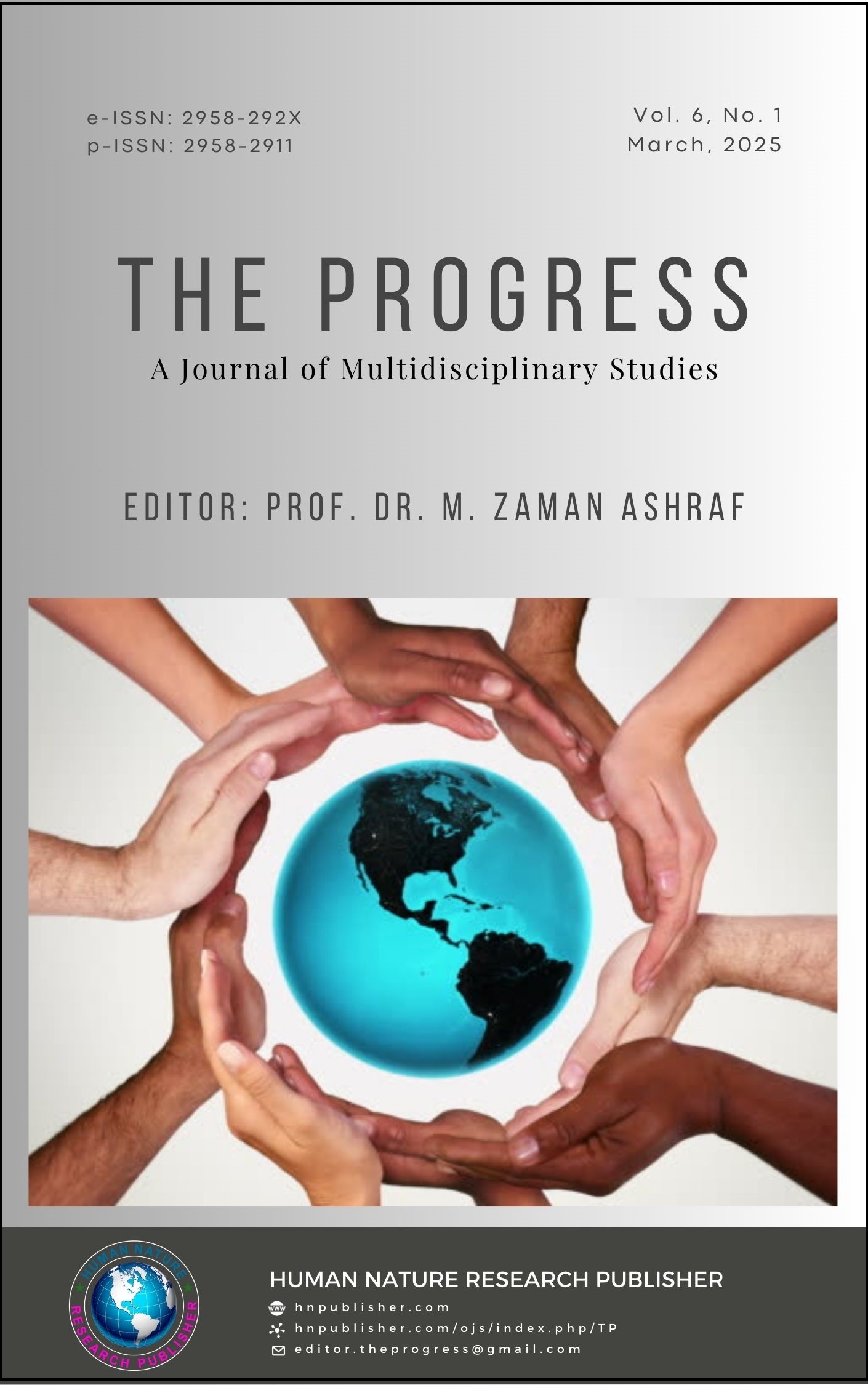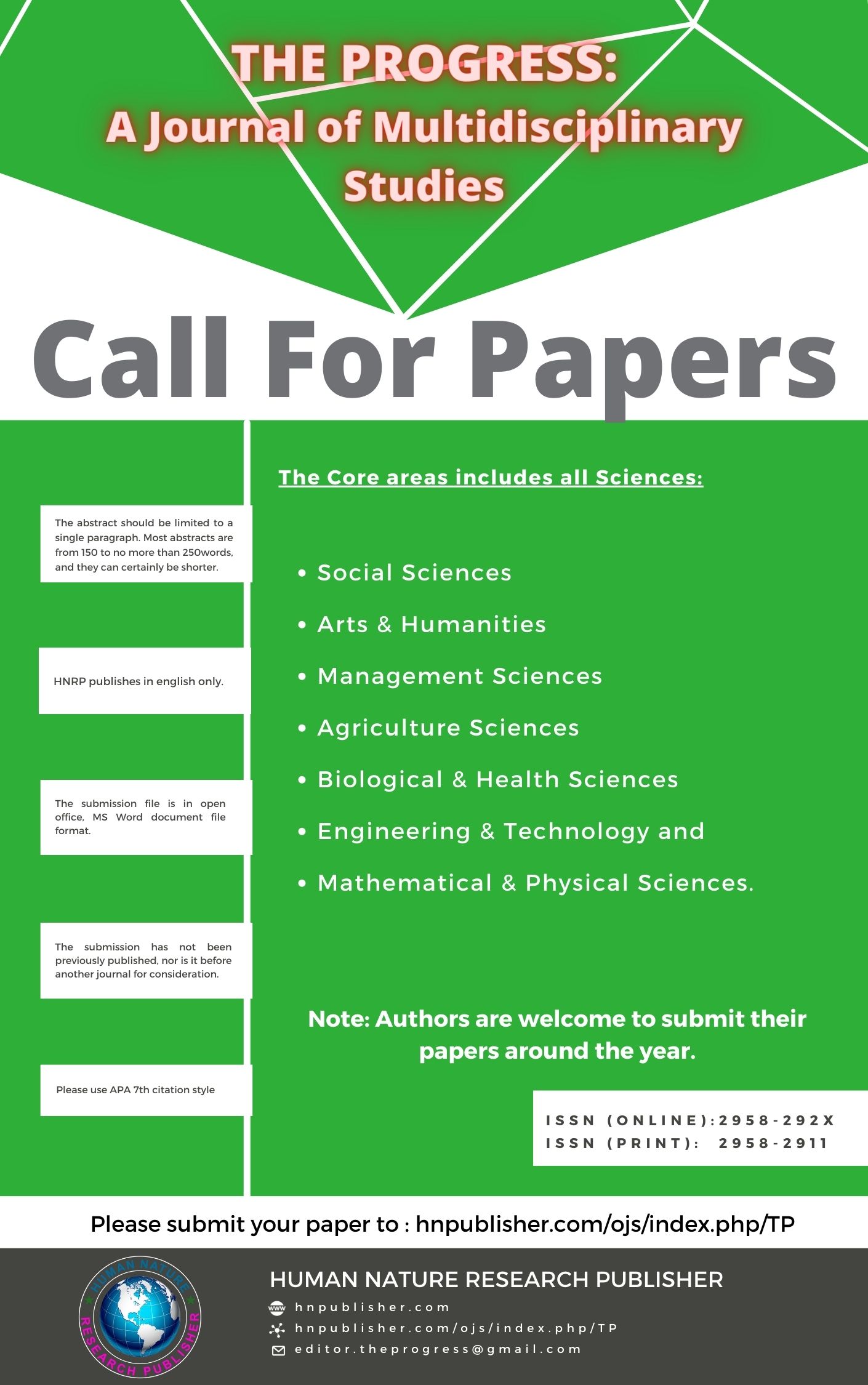AI-Enabled Energy Management for Large-Scale Solar Farms: Optimizing Power Distribution, Grid Stability, and Real-Time Performance Monitoring
DOI:
https://doi.org/10.71016/tp/vksskv66Keywords:
Artificial Intelligence, Solar Farms, Power Distribution, Grid Stability, Energy Storage, Predictive Maintenance, Machine Learning, Renewable Energy, Real-Time Monitoring, ForecastingAbstract
Aim of the Study: This study aims to investigate the integration of Artificial Intelligence (AI) technologies into utility-scale solar energy systems, particularly focusing on overcoming the operational and technical challenges of solar power generation. It seeks to explore how AI can enhance power distribution, improve grid stability, enable predictive maintenance, and support real-time monitoring to make solar farms more efficient and reliable.
Methodology: The research adopts a literature-based analytical approach, examining various case studies, academic articles, and technological reports that highlight the application of machine learning and deep learning techniques in solar energy systems. The methodology focuses on identifying key functions of AI in solar power generation, including forecasting, dynamic load balancing, real-time energy monitoring, and system optimization.
Findings: The findings reveal that AI significantly enhances the performance of solar farms by enabling accurate forecasting of energy generation, dynamic load management, and predictive maintenance, which collectively improve grid stability and operational efficiency. AI algorithms allow real-time monitoring of power output, contributing to smoother energy distribution and reduced fluctuations in the grid. These advancements support the seamless integration of solar power into conventional grids and enhance the reliability of renewable energy sources. However, challenges remain, particularly in terms of ensuring high-quality, consistent data inputs and addressing the financial constraints associated with the large-scale deployment of AI technologies.
Conclusion: The integration of AI into solar energy systems presents a transformative opportunity to overcome the intermittency and reliability issues associated with renewable energy. While technological and economic challenges persist, the long-term benefits of AI—such as improved energy efficiency, better grid management, and predictive capabilities—position it as a crucial enabler for the future of sustainable power generation.
Downloads
Published
Issue
Section
License
Copyright (c) 2025 Ahmed Hassan, Syed Sheraz Ul Hasan Mohani, Ilyas Younus Essani, Samad Ali Taj, Awais Aslam, Yaseen Abbas (Author)

This work is licensed under a Creative Commons Attribution-NonCommercial 4.0 International License.








